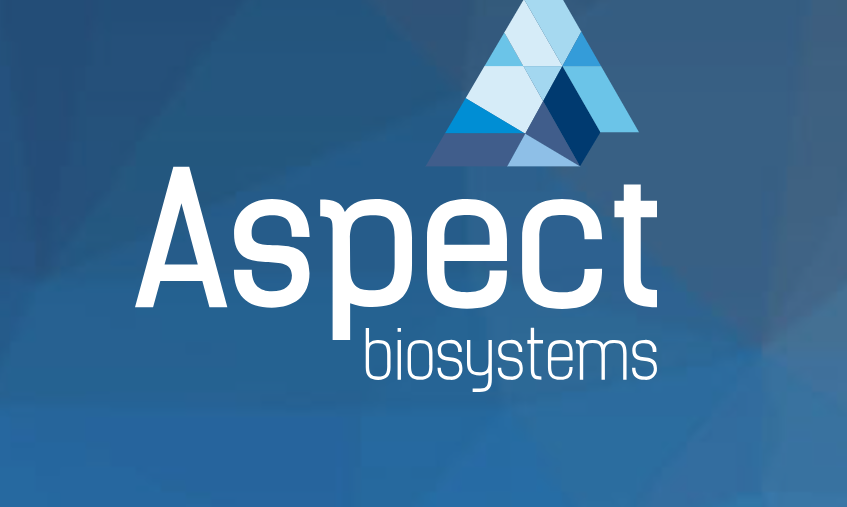The possibility of AI taking over CEO and C-suite roles in the future is a topic of growing interest and debate. While AI has shown remarkable advancements in various industries, including decision-making and data analysis, it is important to consider the complex and nuanced nature of executive leadership. CEOs and C-suite executives are responsible for strategic vision, organizational culture, stakeholder relationships, and navigating dynamic and unstructured situations. While AI can augment their decision-making processes with data-driven insights, it may not fully replicate the creativity, empathy, and adaptability that are often essential in these roles. However, as AI continues to evolve, it may become increasingly integrated into executive decision support systems, enhancing leadership capabilities rather than replacing them entirely. The future may see a more symbiotic relationship between AI and human leaders, with AI serving as a powerful tool to augment and inform strategic decisions.
Survey Report
However, according to a survey conducted by the online learning platform edX published this week, which is owned by 2U, in collaboration with Workplace Intelligence, nearly half (49%) of CEOs believe that their tasks could be automated or handled by AI. In contrast, only a fifth (20%) of employees expressed the belief that AI could perform the majority or all aspects of their work.
Some of those involved in the survey said:
“With more companies moving full speed ahead toward an AI-driven workplace, leaders are faced with an important decision: Embrace AI or be left behind. While there are many ways executives can adapt their business, offering an outcomes-based learning and development program should be a central part of the long-term strategy to integrate AI.”
— Andy Morgan, Head of edX for Business
“Although most C-Suite executives recognize that AI can benefit their business, savvy leaders know that AI can support them in their own roles as well. Executives who take steps to become proficient with AI will be better-equipped to make decisions that will position their companies for success in today’s ever-evolving business landscape.”
— Dan Schawbel, Managing Partner, Workplace Intelligence
“This data makes clear the startling ways AI is transforming the world of work. As a leading developer of talent, edX continues to rapidly expand its portfolio of AI-focused educational offerings, including hundreds of AI-related courses and a new AI Boot Camp in partnership with top universities across the U.S. And through edX for Business, we’re working hand-in-hand with companies to equip every level of their organization with the AI skills to drive impactful business outcomes.”
— Anant Agarwal, Chief Platform Officer, 2U, Founder of edX, and former director of CSAIL, MIT’s Computer Science and Artificial Intelligence Laboratory
Key Findings
The survey conducted reveals a multitude of critical insights that shed light on the evolving landscape of AI in the workplace. Firstly, a significant challenge faced by most companies is the difficulty of keeping up with the AI trend. An overwhelming 87% of C-Suite executives express the struggle to find talent possessing AI skills, and a substantial 77% acknowledge that AI is actively causing disruptions in their business strategies.
One notable finding is the gap in perception between leaders and employees regarding the impact of AI on their roles. While leaders foresee AI replacing numerous functions within their organizations, merely 20% of workers believe that “most” or “all” of their job responsibilities could be substituted by AI.
Executives are increasingly embracing AI, yet there is a palpable concern about falling behind in this technological revolution. A noteworthy 79% of them fear being unprepared for the future of work if they do not acquire AI proficiency.
The survey also highlights the potential career advantages associated with AI proficiency. An overwhelming 82% of executives believe that employees skilled in AI should be compensated more generously, and 74% advocate for more frequent promotions for individuals with AI expertise.
In an unexpected turn, the C-Suite exhibits a high degree of acceptance for employees using AI to work for multiple companies, with 82% expressing support for such arrangements, signalling a readiness to embrace the evolving dynamics of the gig economy driven by AI.
Lastly, the survey points to significant challenges in workplace learning programs. Only a mere 24% of employees are currently utilizing their company’s learning initiatives to acquire AI skills. This inadequacy in learning opportunities is reflected in the intentions of 39% of workers, who foresee the possibility of seeking alternative employment in the next year, driven by a desire for more robust learning and development prospects elsewhere. These findings collectively emphasize the urgency for organizations to adapt and address the transformative impact of AI in the workforce.
Brave New World
Top-level executives are looking ahead to the future with a sense of anticipation and concern. A striking revelation from their perspective is the expectation that approximately half of the skills currently present within their workforce will become obsolete by the year 2025. This forecast underscores the rapid pace of technological change and the imperative for upskilling and adaptability. Furthermore, a significant 47% of these executives expressed apprehension about the preparedness of their employees for the evolving landscape of work.
The challenges posed by artificial intelligence (AI) are also at the forefront of executives’ minds. A substantial majority, comprising 87% of those surveyed, articulated the difficulty they face in recruiting and retaining talent equipped with the requisite AI skills. The scarcity of AI-savvy professionals is emerging as a significant bottleneck in the execution of AI-driven initiatives within organizations. Additionally, a noteworthy 77% of executives acknowledged that AI is causing substantial disruptions to their business strategies, prompting a fundamental reevaluation of their approaches to remain competitive in an increasingly AI-driven world. These insights shed light on the complex and transformative forces shaping the future of work and the strategies executives are contemplating to navigate this challenging terrain.
Featured image: Xa2, PlaygroundAI






